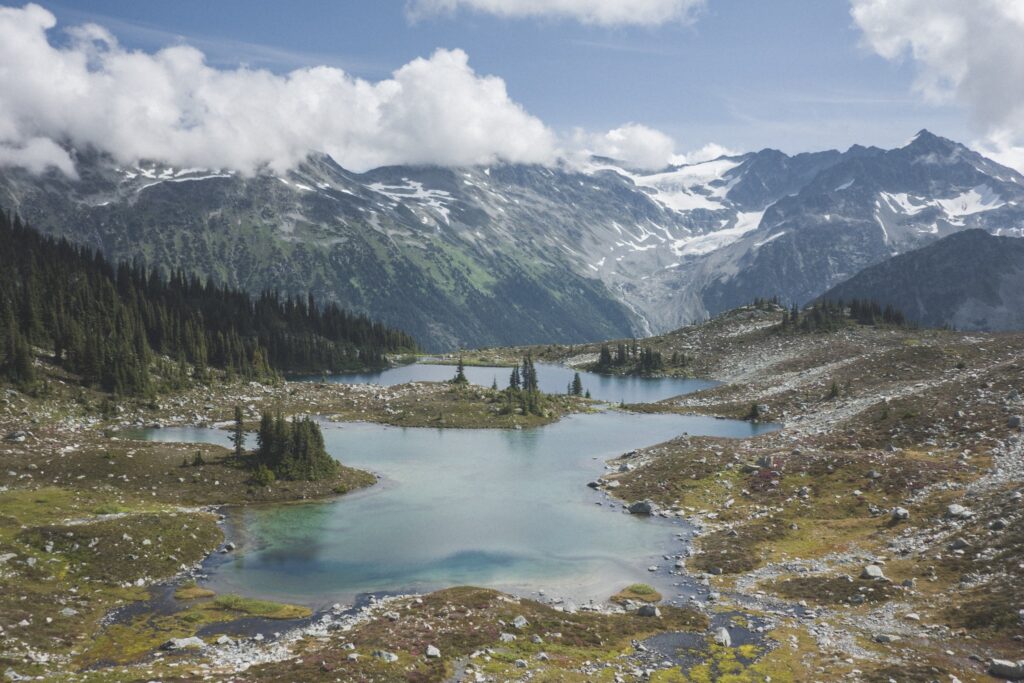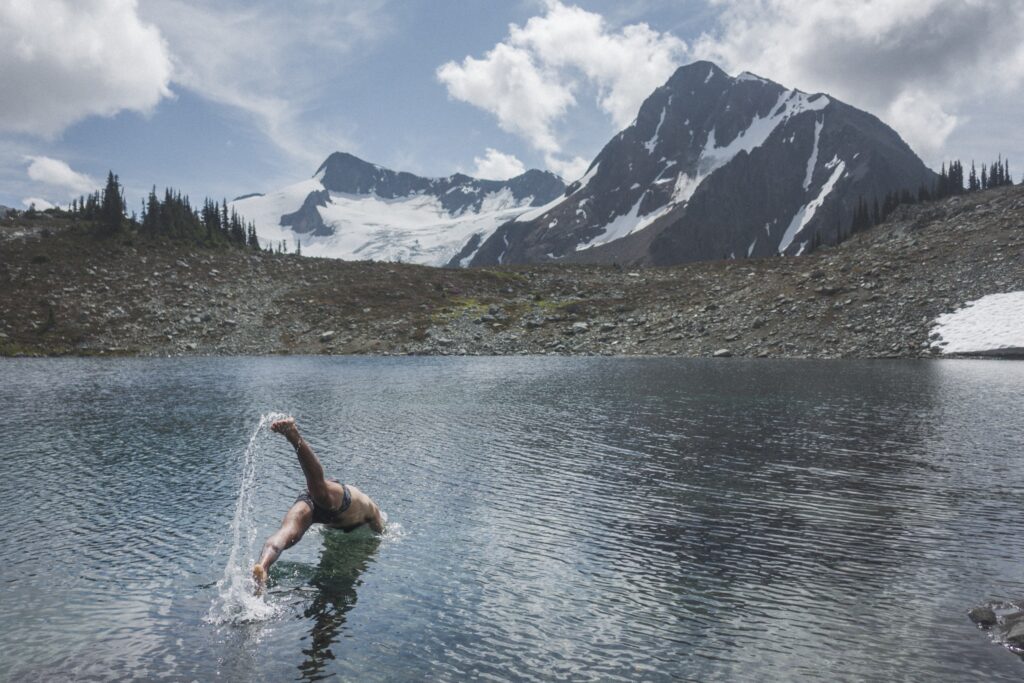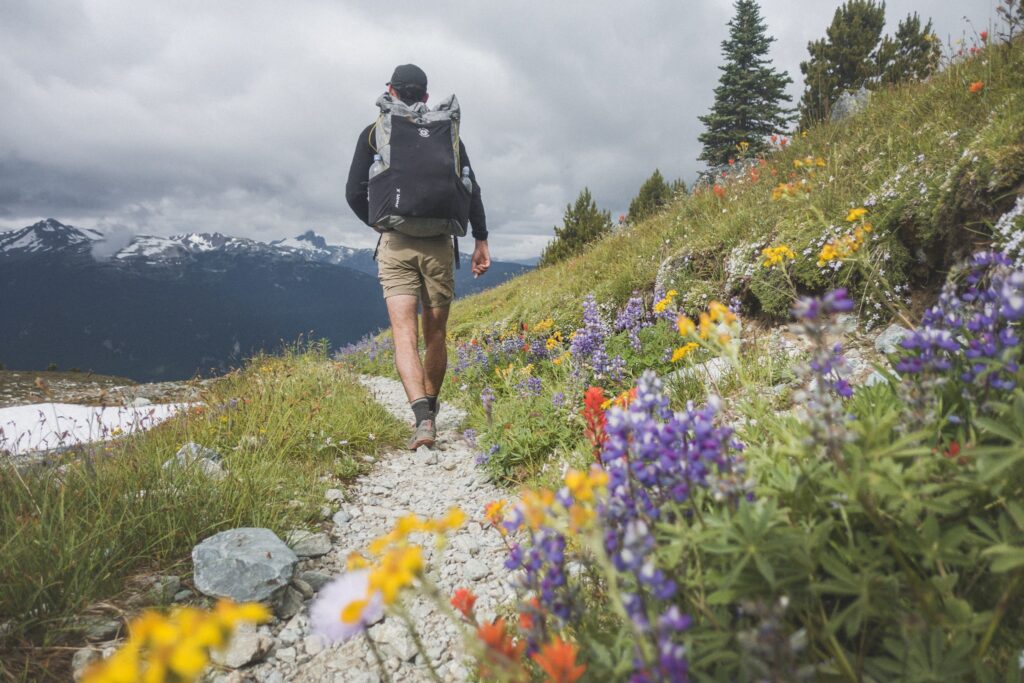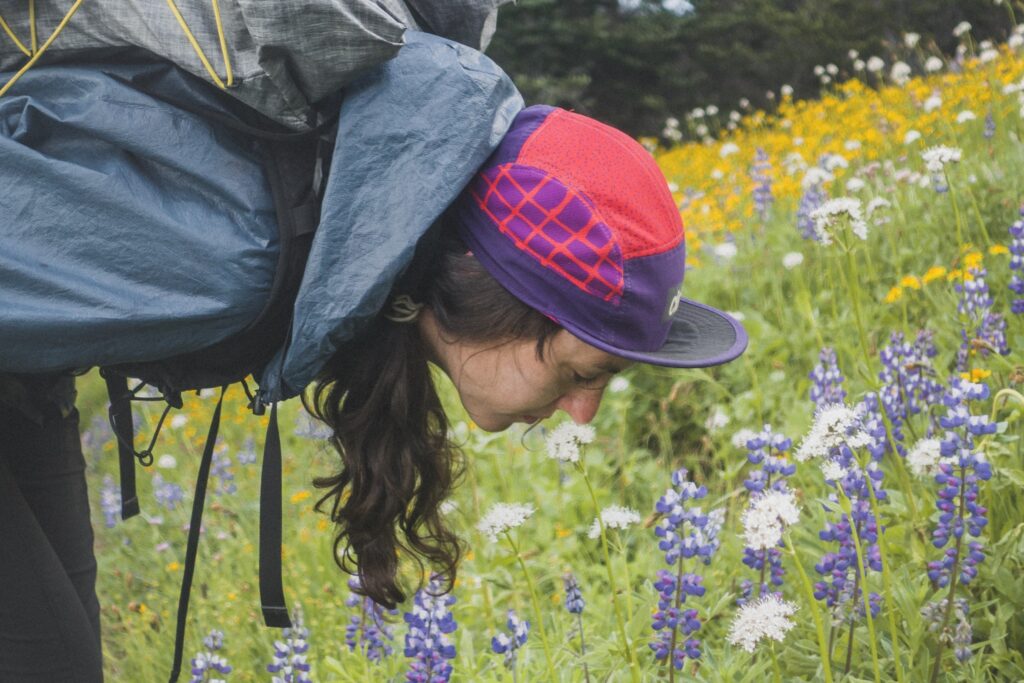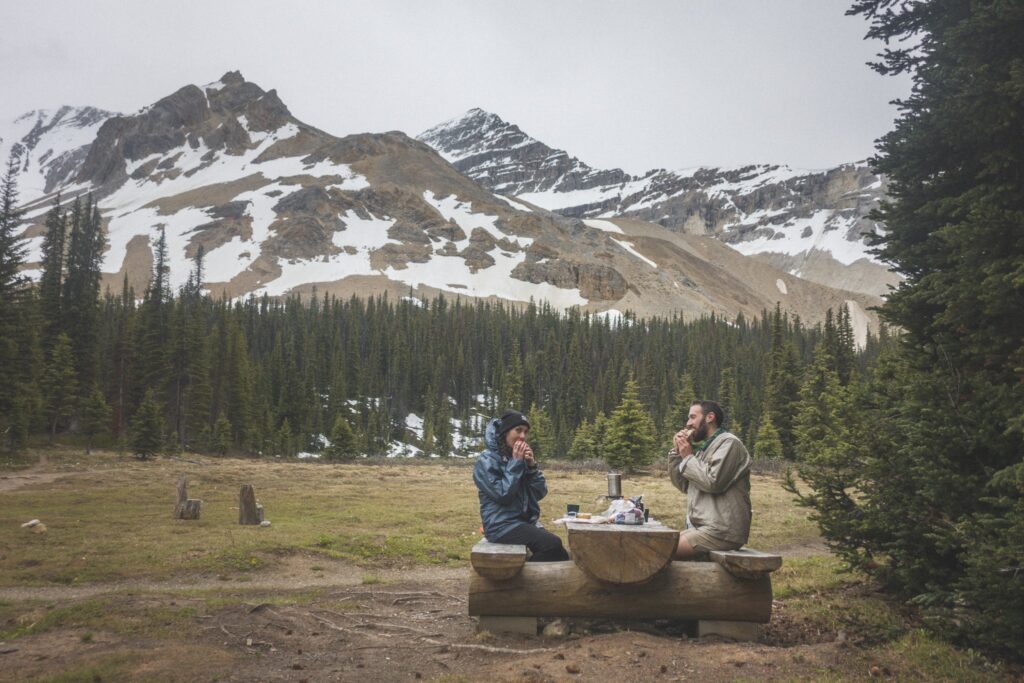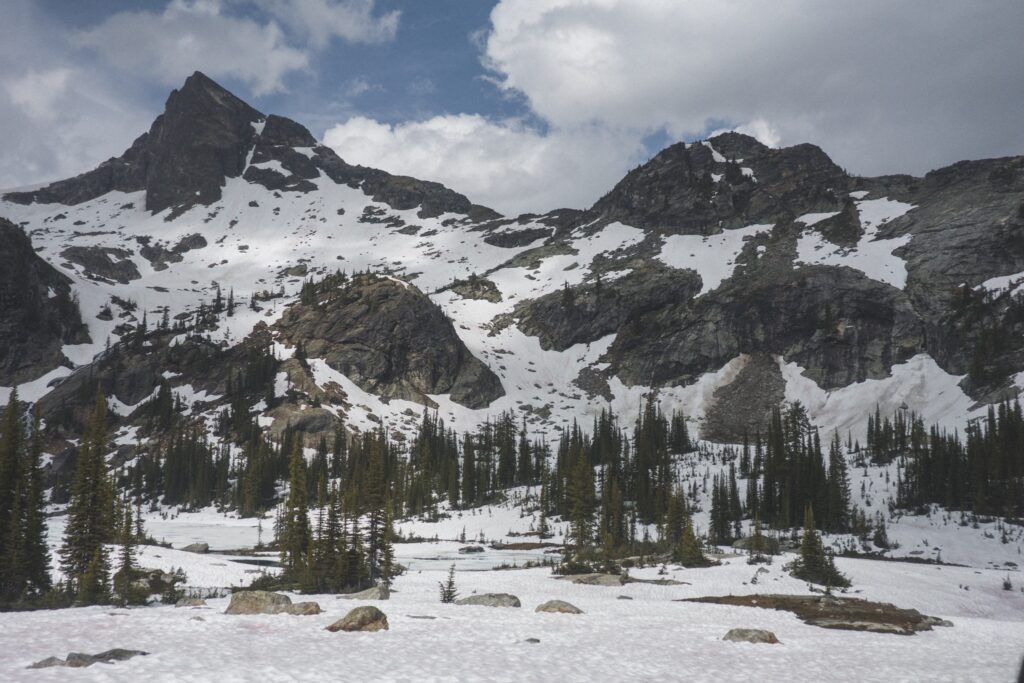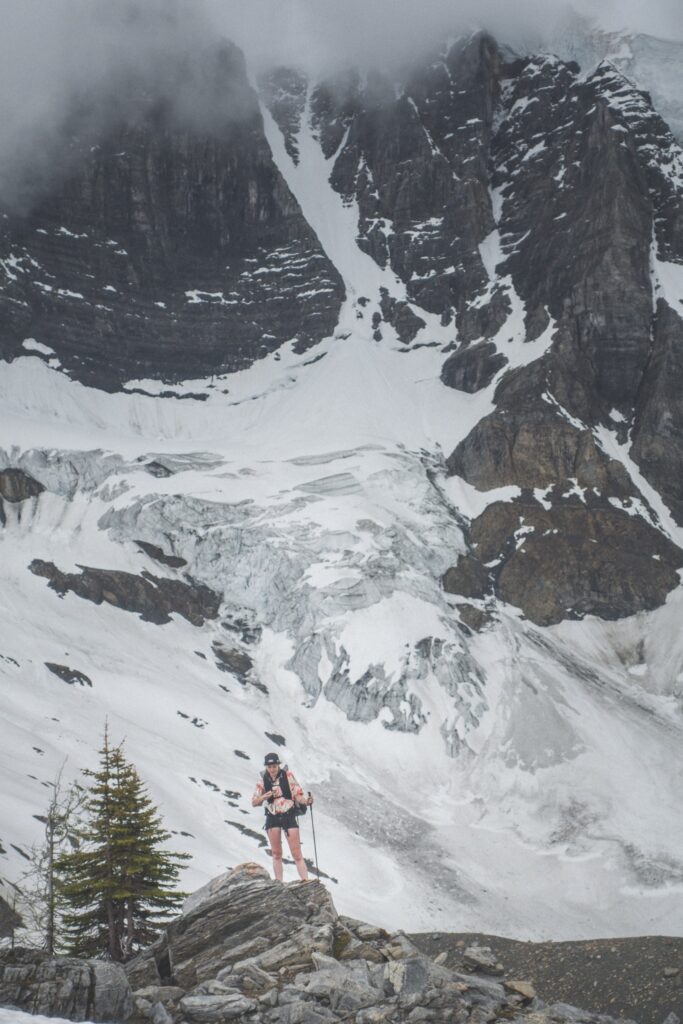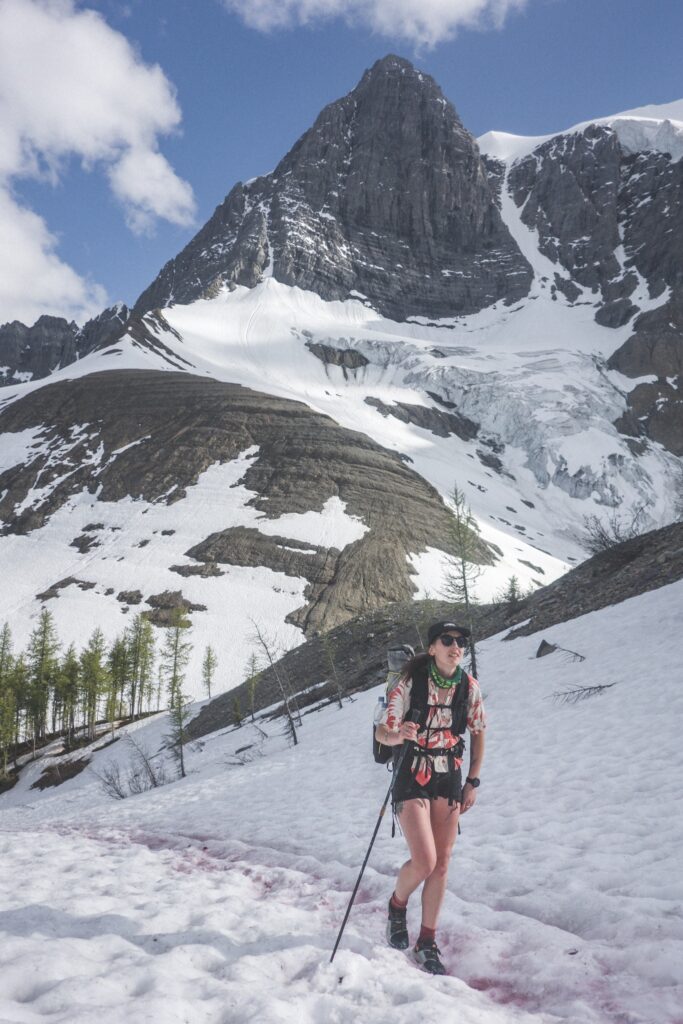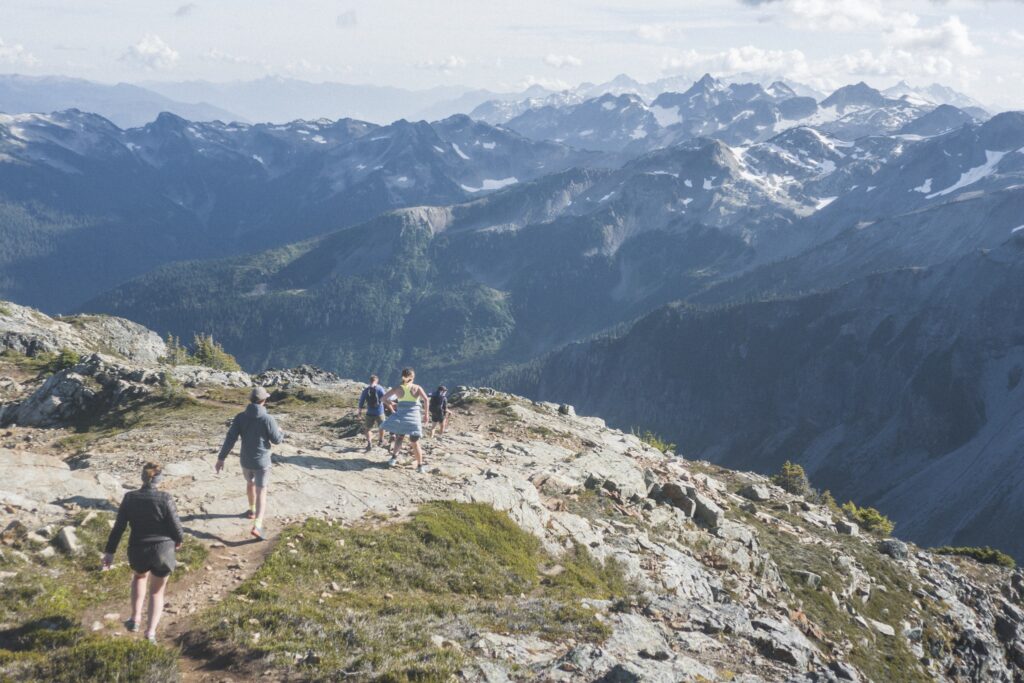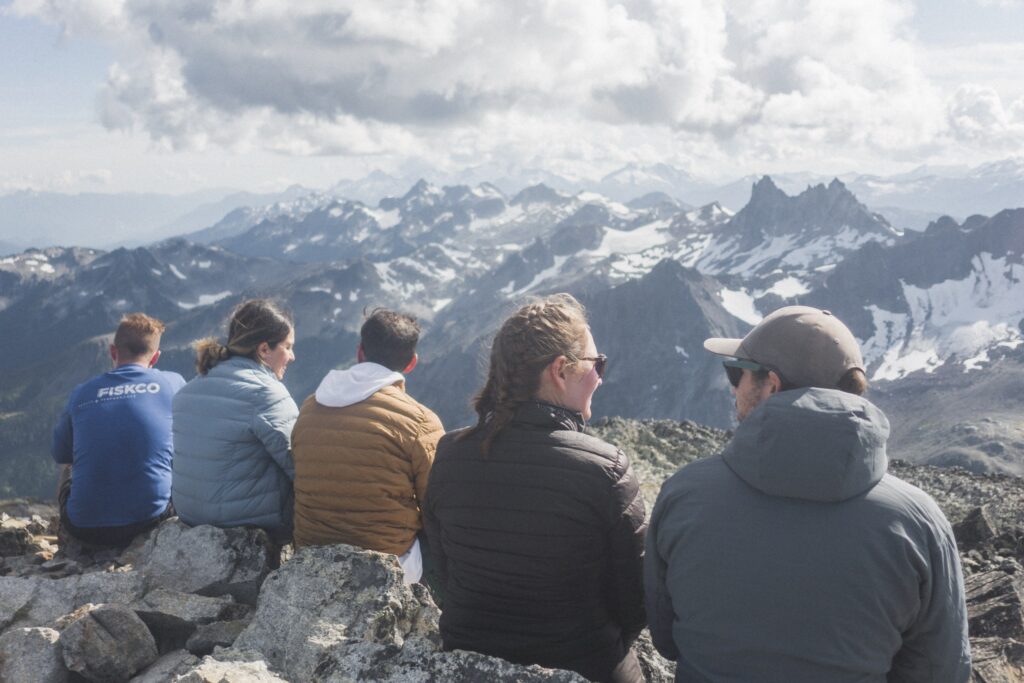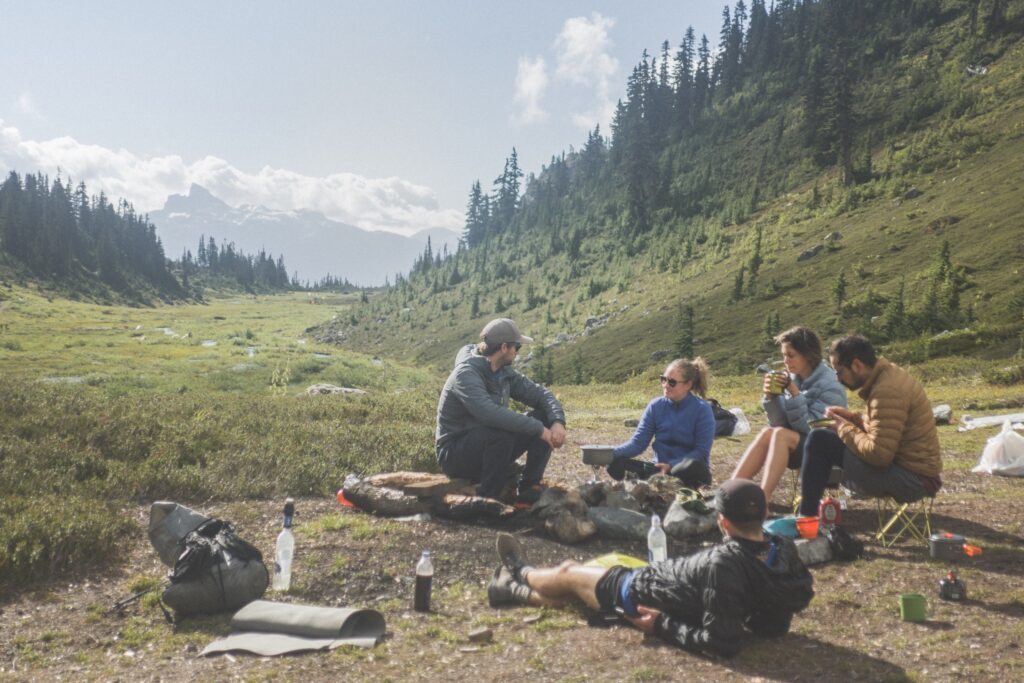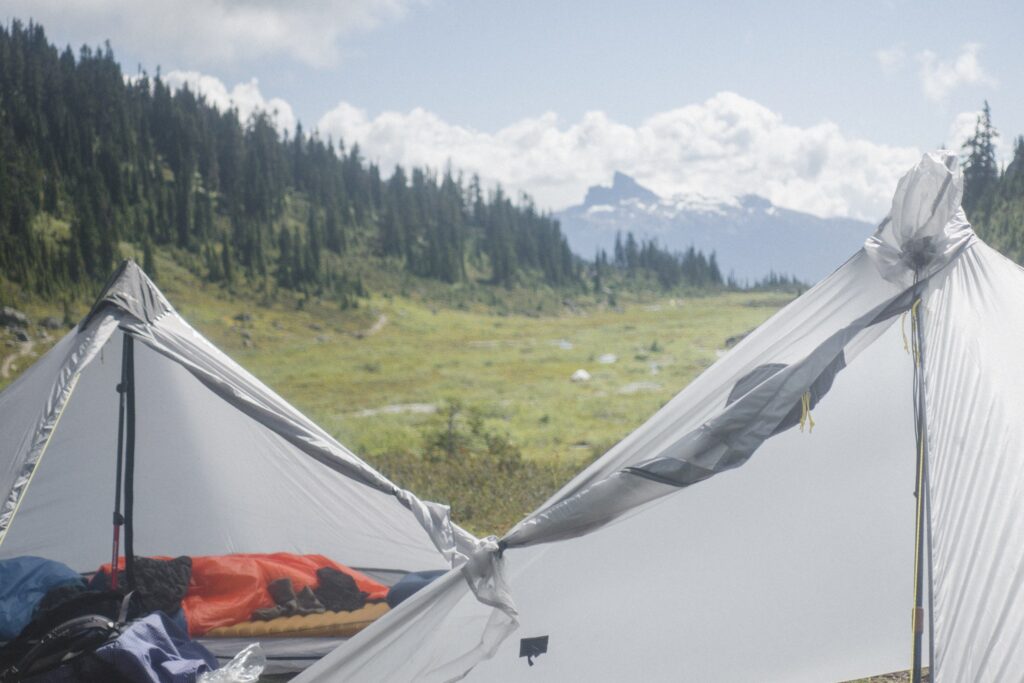The Summer of NOGO: How I Integrated my Thruhiker’s Identity into my Life at Home
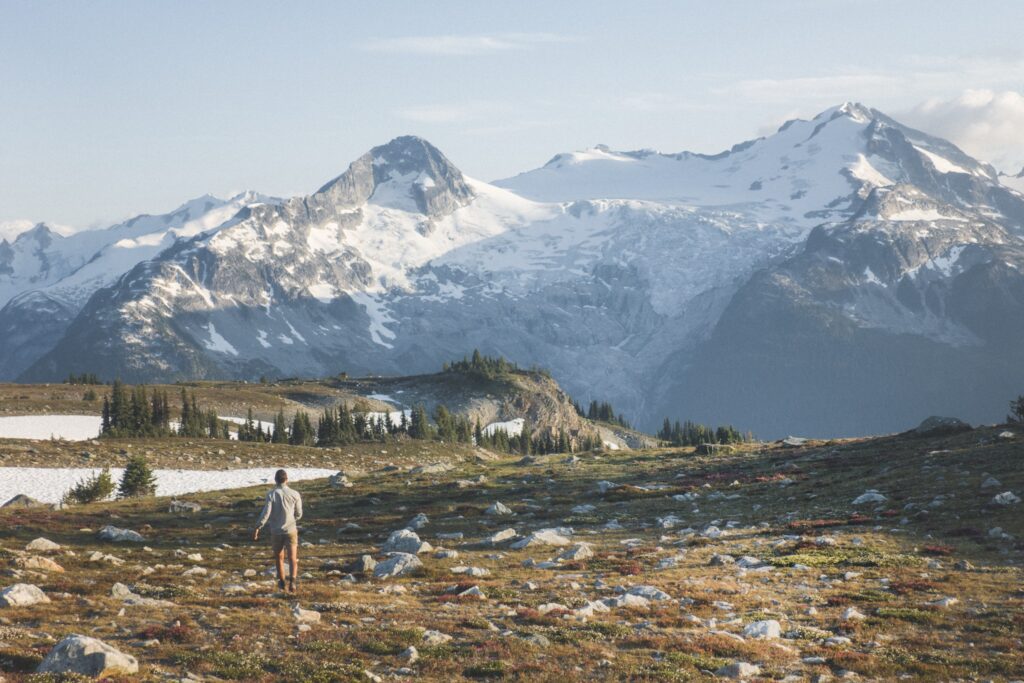
Like everyone else on this planet, my plans for 2020 were turned upside down due to the pandemic.
I had planned to leave my home and job in Vancouver, British Columbia to hike from Georgia to Maine on the Appalachian Trail (AT) throughout the spring and summer. My flights were booked and my manager knew I’d be leaving my job. My gear list was set, and daydreams of starting my big journey in Amicalola Falls State Park occupied my mind as hiking season approached.
But of course, none of that ended up happening. Restrictions at the US-Canada border in addition to a request from the Appalachian Trail Conservancy to postpone thruhikes meant that I would be staying home for the summer of 2020.
So, like so many other hopeful 2020 thruhikers, I went back to work and decided to pursue the 9-5 grind in the city for the summer, which turned out to be harder than expected.
Grief and the Loss of Identity
Everyone who had to cancel their vacation plans for 2020 can start to understand the disappointment over a cancelled thruhike. The missed opportunities to see beautiful scenery and camp under the stars is a bummer. But my negative feelings around this cancelled AT hike went deeper than that.
In recent years, long-distance backpacking had become a part of my identity. I proudly adopted the term “hikertrash” to describe myself and people I respected. To me, that term meant that I slept in the dirt, crushed miles, and ate Pop-Tarts for breakfast, lunch, and dinner, and those things were all part of what made me, well, me. I loved the version of myself that thruhiked all summer, and I knew others in my community admired me for it.
But I wouldn’t be thruhiking this year. I wouldn’t be sleeping in the dirt or crushing miles, and Pop-Tarts would only be eaten on special occasions. And since I felt like those activities were an integral part of my identity, it felt like I was losing a part of myself this summer.
In a blog post written for The Trek in 2019, called Post Trail Depression: It’s Not What you Think, Dr. Anne K. Baker identified that feeling of loss of one’s self as the main factor in the blues commonly felt by thruhikers returning to off-trail life. Based on interviews with thruhikers, she showed that that feeling, which is commonly referred to as depression, is actually grief. Hikers are grieving the part of their identity which they developed on trail but feels left behind in civilization.
And grieving was exactly what I was doing as the 2020 hiking season started up. I was grieving the loss of a chunk of my identity that I wouldn’t even get to realize this year.
SPACE. and my Plan to Integrate it into my Life at Home
So I felt grief. But it didn’t take long for me to decide that I couldn’t spend my entire summer feeling like a chunk of my self was missing. I needed a plan to develop that piece of my identity which was usually filled with thruhiking so that I could at least try to have a fulfilling and rewarding 2020.
To do this, I used Baker’s 2019 research on Post-Trail Depression to understand the specific and unique aspects of a thruhiker’s identity, which she calls SPACE:
- Simplicity – the lack of clutter or complicated choices in the day of a thruhiker;
- Purpose – the everyday pursuit of larger goal like walking across the country;
- Adventure – overcoming adversity and the sense of accomplishment that comes with it;
- Community – camaraderie through the aforementioned adversity in addition to the honest and deep conversations that are common on trail; and
- Extreme Exercise – the endorphin rush that comes from walking all day and the sense of confidence that comes with fitness.
It’s the loss of those five things from our identity that can make thruhikers struggle with off-trail life, and those struggles were waiting for me in 2020 unless I did something about it. I needed to integrate SPACE into my life without actually going on a thruhike. And because of the travel regulations related COVID-19, I would have to find all that SPACE without leaving my home province.
The following sections of this post are my stories of how I pursued SPACE in my summer, and how I feel looking back on them now that it’s fall.
Simplicity
Given the chaotic nature of life in 2020 for anyone, simplicity was going to be one of the more difficult elements to pursue, but it would be even more important than on an average year. Because of all the negativity in the news and the stressful and complicated structure of living in civilization during a pandemic, it was more important than ever to find breaks from the chaos and simplify things.
While there are no long trails near my home, there’s plenty of wilderness and opportunity for peace, quiet, and simplicity. I picked out an undeveloped and remote alpine lake I saw on a map near Whistler, British Columbia, and asked my partner to join me there for a 3-day weekend. It would be three days in the alpine with no real itinerary, but importantly no cell signal or the associated interruptions from the rest of the world. We risked boredom just to be able to swim, look at wildflowers, and witness the sun go up and down a few times.
We both came out of that trip refreshed and at peace. I can even look back on it months later and smile, especially when I look at the photos we took of the spectacular alpine wildflowers in bloom.
I think that it’s human nature to want to feel connected to our communities through the 24-hour news cycle and staying in constant contact with our large social networks. On top of that, most of us are compelled to fill our days with a schedule of work, chores, and a complicated social life. And those things no doubt make us feel fulfilled as civilized people in the 21st century. But this trip helped remind me that sometimes it’s more fulfilling to connect with just one other person and the landscape around you, vibe out, and literally stop to smell the flowers.
Purpose
Reclaiming a sense of purpose would turn out to be the most challenging part of my cancelled summer hiking plans. Like many people that head out to the National Scenic Trails, my job and hobbies at home weren’t enough to make me feel motivated or give me objectives that inspired me on a daily basis.
What ended up inspiring me most this summer was the development of my blog, jameslamers.com. Having a dedicated space that I owned myself to share my photography and writing had been on my mind for a couple of years before 2020, but something that I always put off. This summer, given the hole in my identity left by the cancelled hike and the cancellation of most of my other hobbies, I had plenty of time and energy to pour into the website.
And now, it makes me proud to be able to look through this thing I created on my own, and I’m satisfied feeling like I put this work out into the world that others might find inspirational or informative.
I think that most people have these dreams or aspirations of projects at the back of our minds that we’d like to pursue one day. Those moments where we feel a little purposeless are the perfect opportunities to put them into action and make them a reality.
Adventure
In late June, my partner and I used what little vacation time we had to take a few days off our jobs and explore the Kootenay Rockies for the first time. Now, even in an average year, June would be considered a little early to be heading into the higher-altitude areas in the Kootenays. And given the unseasonably cold and wet spring we had this year, the alpine would still be blanketed in snow. But our time off was booked and we decided to head up anyways and brave the conditions.
What was supposed to be our vacation from our stressful jobs turned into consecutive days and nights of battling the bad weather and trying to find our way on the snow-covered trails. It rained so hard that our rain gear was soaked through, we had to find cover from the afternoon hail storms more than once, and had one particularly memorable night of waking up in a puddle that had formed in our tent. All this while being slightly lost for much of the trip.
It sure was unpleasant at the time, but it’s nothing but fond memories now. I reminisce about that trip incredibly satisfied with the conditions we persisted through. Navigating through the snow and problem-solving to stay warm and dry made us feel like we accomplished something.
Looking back on that trip months later, I know that if we had done something more pleasant or easy with our vacation time, I wouldn’t have the same sense of pride and satisfaction that I do about our rainy and snowy June in the Kootenays.
Community
There’s something about thruhiking that allows people to bring their personal walls down and interact with the people around them in really vulnerable ways. In my experience, that has to do with the combination of shared experience, physical exertion, and the sense that we can become whoever we want out there on trail without the expectations of our community back home. It’s kind of like the freshman year of college that way.
I thought about those intense feelings of community while getting ready for an overnight trip with some friends to summit a peak near Squamish, British Columbia with a few friends. It was with friends that I had known for a long time, but I realized that we had been falling into the easy and comfortable patterns of small talk. “What did you get up to this week?” or “Did you see the latest episode of that show?” instead of really getting vulnerable and connecting with each other.
It helped that this particular route wore me down emotionally because of some routefinding and terrain challenges. By the time we made it to camp for the evening, I was sharing some things about my life that I had kept bottled up as I had gone through the routines of life in recent weeks. And as I opened up and broke down my own personal barriers, it made my friends comfortable to do the same and unload some things that had been weighing them down, too.
I think that when we get into the routines of the 9-5 life, it’s easy to spend way too much time in our own heads, even when we’re in the company of other people. Unlike on a thruhike, where the environment is conducive to creating close bonds through vulnerable conversation, we have to actively try to form community in our lives at home.
Extreme Exercise
Integrating extreme exercise into my life was the easiest of all the elements of SPACE. When I’m not hiking, my favourite hobby is competitive distance running, so I decided to continue with that in my hometown since I wouldn’t be away on my thruhike.
It was more challenging than usual for 2020 since all of the races were cancelled to limit the spread of COVID-19, and racing is usually a key piece of staying motivated to train regularly. But I knew that running almost every day was going to be more important than ever for my sanity this year, so I trained for the sake of training.
All summer long, it was clear to me how important the regular exercise was. Just as the news and public discussions about the pandemic would start to become overwhelming each day, I would lace up my shoes, head out for an hour or two, and return feeling like everything was just fine. The combination of the hard exertion and just moving through the world on my own two feet usually served to put things into a pleasant perspective. After my most extreme bouts of exercise, my Thursday evening track sessions, my partner would comment on how much my mood had improved.
Conclusions
In the long-distance hiking community, it’s common to half-jokingly say that a thruhike will ruin a person. A lot of people will come back from these once in a lifetime adventures and feel a lot of difficulty readjusting to civilized life, grieving the loss of their identity that they had formed while on trail.
But I think that we need to do better than accept that the remainder of a person’s life is ruined (however jokingly) after they return from a hike. I know I couldn’t accept that. That’s why I put some thought into how I could feel like the person I am on a thruhike even while staying close to home this summer. And I think that this process of readjusting to civilized life is something that all thruhikers and the backpacking community at large need to think more about.
